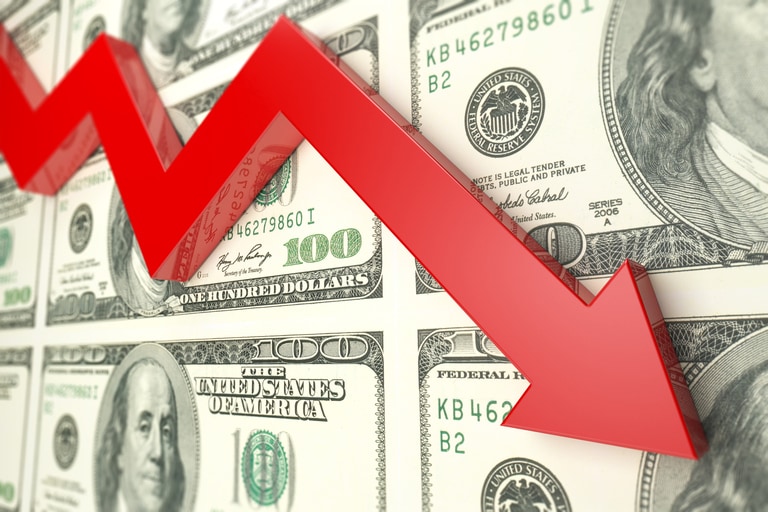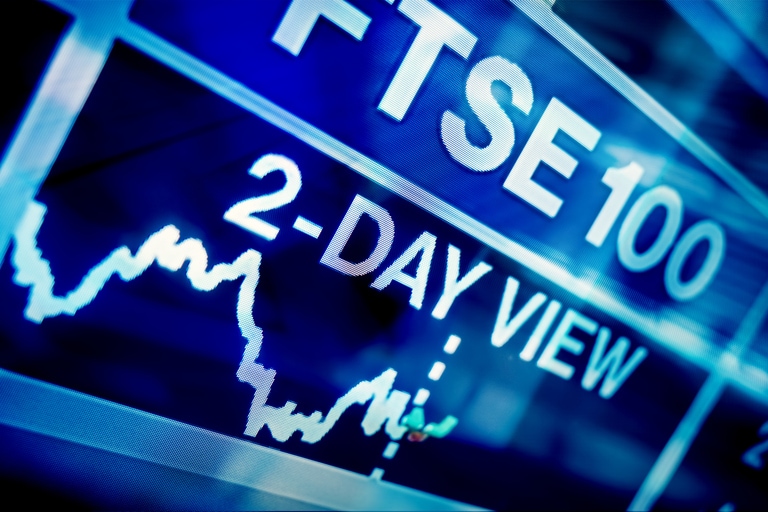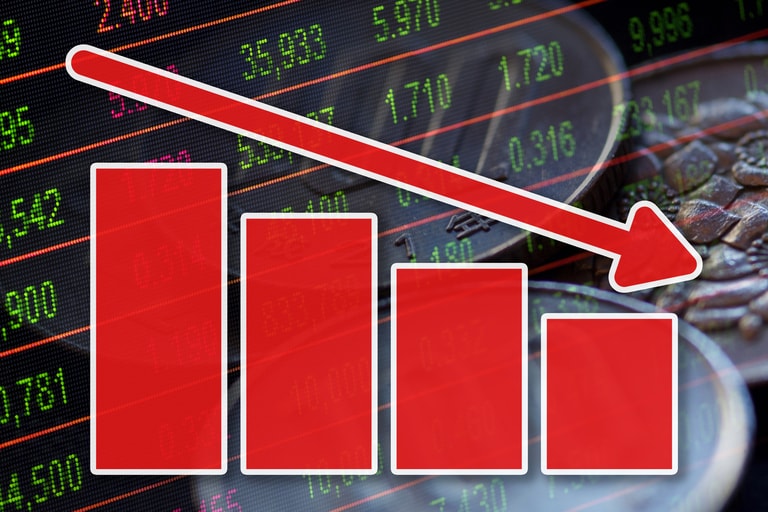Europe
It’s been a strong start to the week for European shares, with the German DAX flying up to new record highs, led by Deutsche Bank which hit new two-year highs after announcing it would be launching a share buyback program of up to €1bn, as well as restarting its dividend program, ahead of the release of its 2020 results next month.
The FTSE100 has also had a good day, hitting a one week high, though it has lagged behind its European counterparts, with the likes of traditional utilities underperforming, along with a weaker oil price which has pulled the likes of BP and Royal Dutch Shell into negative territory.
London Stock Exchange has also continued to experience a post results hangover, falling again after last week’s sharp move lower, on scepticism over its cost savings plans with respect to its Refinitiv acquisition. Citigroup became the latest to pile in, calling its disclosure plans “poor” citing the lack of detail in its cost plans.
On the earnings front digital education company Pearson’s preliminary full year numbers received an initially lukewarm welcome with the shares falling sharply after the company reported a 10% decline in full year revenues. This decline proved to be somewhat short-lived with the shares rebounding strongly from one-month lows shortly afterwards to rise to the top of the pile.
The 10% decline is still an improvement on the 17% fall seen in the first half, however it still points to disappointment as profits came in below expectations. It’s true to say that the company’s revenues experienced a bit of a dent as a result of the pandemic, due to the closure of some schools and its testing centres but you would have expected to see a bigger improvement on the digital side.
An 18% increase in its Global Online earning division due to increasing demand for virtual learning, as education moved online is certainly welcome but probably below what could reasonably be expected at a time when digital learning has seen an uplift in the last 12 months. Optimism over this trend continuing could well be behind the share price turnaround.
Statutory operating profits came in at £411m, a decent increase on 2019’s £275m, however this improvement is largely down to the proceeds of the sale of the company’s stake in Penguin Random House. Overall sales decreased by 12% to just under £3.4bn from £3.87bn in 2019. The final dividend was maintained at 13.5p.
Also doing well we’ve seen banking stocks outperform with Lloyds Banking Group leading the way here, while house builders are also getting a lift as the UK economy embarks on a slow reopening process, starting today with the return of schools.
The resilience of travel stocks is also probably down to this same optimism over reopening, with a UK death rate that fell below 100 for the first time since October at the weekend, with a feeling that if the data allows, and it’s a big IF, that the re-opening program might get accelerated. This optimism is not only helping the likes of Intercontinental Hotels, and Premier Inn owner Whitbread, but airlines are also having a good day as well, along with Rolls Royce shares which have edged to the top of the FTSE100..
US
US markets have opened mixed today, with the highly valued tech sector acting as the main drag, all the while US 10-year yields flirt with the 1.6% level. Despite the slightly uncertain start US stocks picked up a touch after new US Treasury Secretary Janet Yellen reinforced the new Biden administration’s determination to push the US economy back up to pre-pandemic level of jobs by next year, while playing down the risks of inflation.
While the large cap side of the ledger in the form of the Dow appears more resilient, with energy and financial stocks continuing to build on their recent recoveries, the tech sector has continued to chop around wildly, pulled around by the vagaries of what 10-year yields seem to be doing.
On the plus side we’ve seen a bit of M&A, with GE looking to close in on a $25-$30bn deal with AerCap to merge its aircraft leasing business that would consolidate that part of the civil aviation sector, which has been hammered by the fallout from the pandemic. It would also continue a trend that has seen GE spin off non-core businesses in previous years. In 2019 they sold their aircraft financing business for $3.6bn, while also selling off its stake in Baker Hughes the oilfield services provider. Last year GE generated another $21.4bn, when it sold its pharmaceutical busines to Danaher.
Private equity company Apollo is also seeing decent gains on reports that it is set to merge with retirement services company Athene in a $11bn deal.
McAfee shares are also higher after agreeing a deal to sell its enterprise business to Symphony Technology for $4bn.
In a sign that things could start to return to normal in Q2 as Disney reported that it was hoping to reopen its Disneyland theme park in Anaheim California on April 1st.
GameStop shares have also continued their recent volatility on reports that Ryan Cohen, has been appointed to head the video game retailers’ transition to an e-commerce type of business, which can compete with Amazon. Cohen is the founder of Chewy.com, a specialist on-line retailer of pet food and other related products. The optimism is likely to be on the basis of how Cohen made the concept of an online pet food retail site a success, and that he can translate that success across to video games.
FX
It’s been a bit of mixed bag for currencies today with the euro coming under pressure after the latest industrial production data from Germany slid 2.5% in January, missing expectations by a wide margin.
The US dollar has continued to gain ground hitting a three-month high as it becomes apparent that any economic recovery is likely to be led by the US, and the belief that if any central bank is going to look at tightening policy it will likely be the Federal Reserve, whatever Fed officials would have us believe in the short term.
The worst performers have been the traditional safe haven currencies of the Swiss franc and Japanese yen.
Crude oil prices have slipped back after briefly nudging above $71 a barrel earlier today. The initial uplift in prices came about as a result of weekend reports that saw one of Saudi Arabia’s key oil facilities come under missile and drone attack from Houthi forces in Yemen. It would appear that the realisation that there doesn’t appear to have been any damage inflicted on any production infrastructure, has seen prices slip back.
The recent move higher in oil prices has been primarily driven by expectations that an economic re-opening will prompt a big pick up in demand in the coming months, and Saudi Arabia’s reluctance to ease production curbs too early appears to be driven by worries that any pickup in demand has shown little signs of materialising at the moment.
Gold prices still appear to be struggling as the upward pressure on yields continues to dull the allure of the precious metal.
Copper prices are also giving up some of the strong rebound seen at the end of last week, when prices hit a ten-year high. The rebound seen since the beginning of the year has largely been predicated on a belief that demand is likely to outstrip supply for years to come as the focus inexorably shifts towards renewables. While all of this may be true inventory can only grow so much and we may well be meeting short term capacity constraints, hence the current pullback in prices.
Disclaimer: CMC Markets is an execution-only service provider. The material (whether or not it states any opinions) is for general information purposes only, and does not take into account your personal circumstances or objectives. Nothing in this material is (or should be considered to be) financial, investment or other advice on which reliance should be placed. No opinion given in the material constitutes a recommendation by CMC Markets or the author that any particular investment, security, transaction or investment strategy is suitable for any specific person. The material has not been prepared in accordance with legal requirements designed to promote the independence of investment research. Although we are not specifically prevented from dealing before providing this material, we do not seek to take advantage of the material prior to its dissemination.







